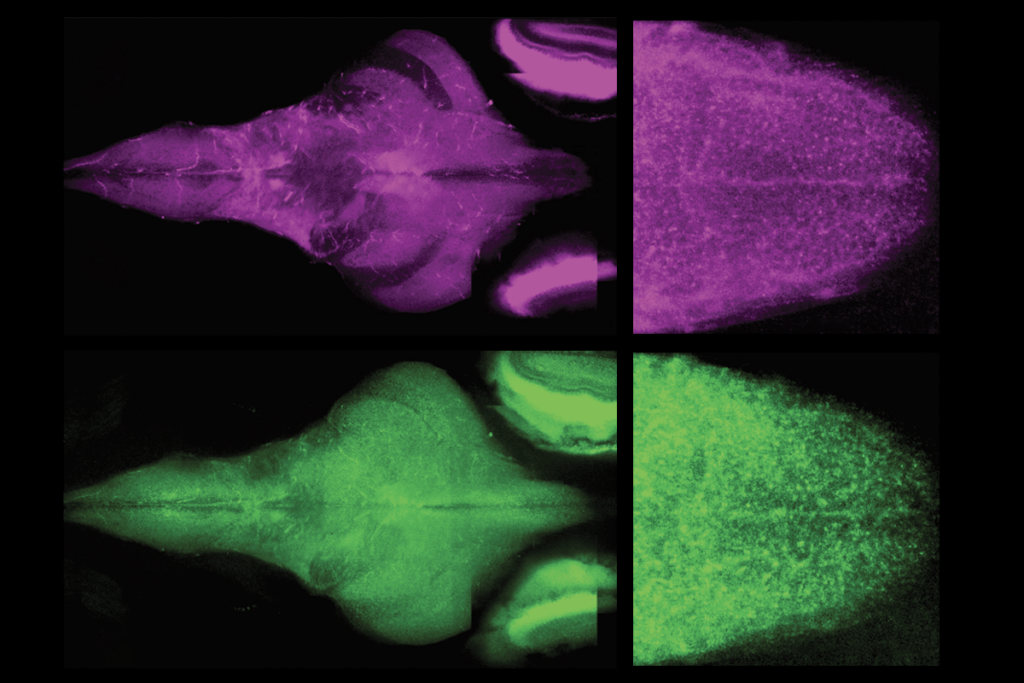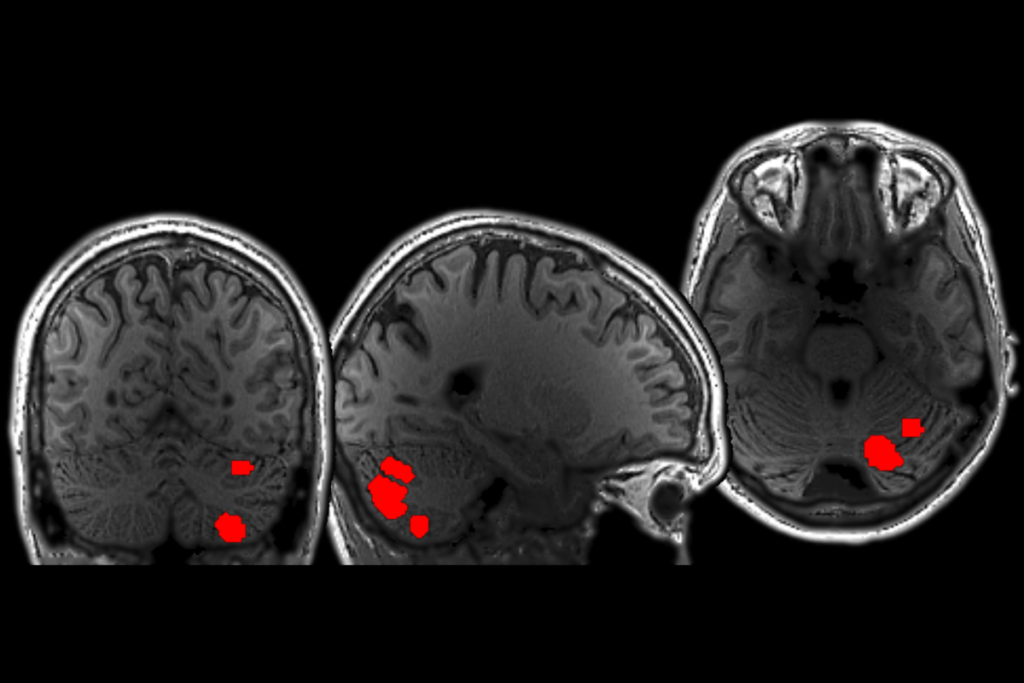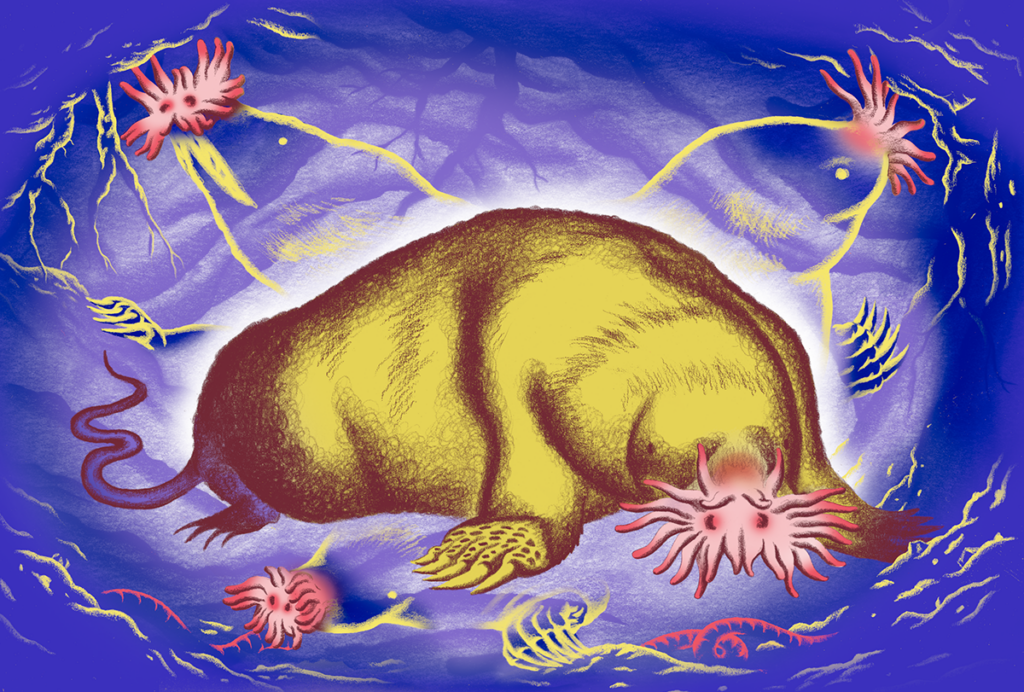Molecular mechanisms: Brain antibodies alter mouse behavior
Rare antibodies taken from mothers of children with autism lead to developmental delay and anxiety in mouse pups, according to a study published 27 August in the Journal of Neuroimmunology.
Rare antibodies taken from mothers of children with autism lead to developmental delay and anxiety in mouse pups, according to a study published 27 August in the Journal of Neuroimmunology1.
Over the past few years, studies have reported a number of links between immune dysfunction in women and autism in their children. For example, women with autoimmune diseases such as rheumatoid arthritis or ankylosing spondylitis have an elevated risk of having a child with autism.
This risk may result from maternal antibodies that can enter the placenta and attack the fetal brain. A number of studies have shown that injecting pregnant mice with blood or purified antibodies from mothers of children with autism leads to brain and behavior changes in the mice’s offspring.
In particular, researchers have identified two rare antibodies that attack fetal brain proteins2. These are present in about 11 percent of mothers of children with autism and not in controls3.
In the new study, the researchers purified a broad set of antibodies from women who have these rare versions and injected them into pregnant mice. They calculated a score for the pups’ motor development based on a number of measures, including whether the mice can clasp their paws together, hang from a wire and place their feet properly as they balance on a stick. They also looked at measures of sensory development, such as open eyes and response to noise.
Pups born to mice injected with the antibodies have delayed motor and sensory development before weaning compared with pups born to mice injected with either saline or purified antibodies from mothers of typically developing children.
The young pups also vocalize more than both control groups when separated from their mothers and avoid the center of an open field, suggesting that they’re anxious, the study found. They don’t show any differences in social or repetitive behaviors, however.
The pups of mice injected with antibodies from mothers of typical children show some differences from the pups of saline-injected controls: They are larger and slightly more social. This suggests that general immune activation can also influence development, the researchers say.
References:
1: Braunschweig D. et al. J. Neuroimmunol. 252, 56-65 (2012) PubMed
2: Braunschweig D. et al. J. Autism Dev. Disord. 42, 1435-1445 (2012) PubMed
3: Braunschweig D. et al. Neurotoxicology 29, 226-231 (2008) PubMed
Recommended reading

Largest leucovorin-autism trial retracted

Pangenomic approaches to the genetics of autism, and more

Latest iteration of U.S. federal autism committee comes under fire
Explore more from The Transmitter

Cerebellum responds to language like cortical areas

Neuro’s ark: Understanding fast foraging with star-nosed moles
